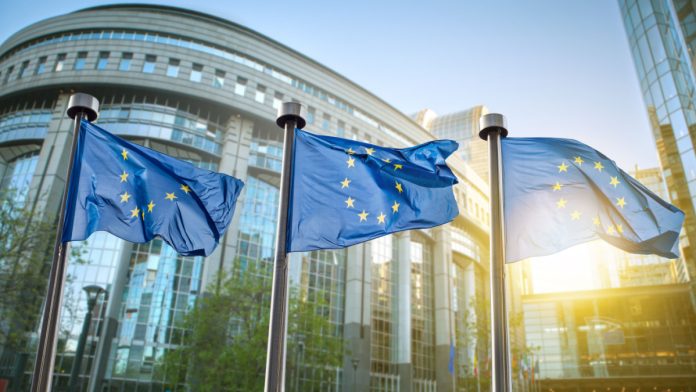The European Parliament has adopted a package of anti-money laundering tools, paving the way for full EU-wide adoption once clearance is secured from the Council of Europe.
Once fully adopted, the laws will introduce new rules around money transfers, including enhanced due diligence on high value transactions. An EU-wide limit of €10,000 on cash payments, except between private individuals in non-professional context, will be introduced.
Additional measures will be introduced to ensure compliance with targeted financial sanctions and avoid circumvention of sanctions. All measures will be made available to relevant stakeholders in a single rulebook.
Due diligence will also include enhanced identity measures, including obligated entities such as banks, assets and crypto assets, managers or real and virtual estate agents.
These entities will have to report suspicious activities to the EU’s Financial Intelligence Units (FIUs), the powers of which will also be strengthened to analyse and detect money laundering and terrorist financing cases and to suspend suspicious transactions.
The adoption of these new rules by EU legislators has been welcomed already by financial stakeholders, including the gambling industry in the face of the European Gaming and Betting Association (EGBA).
Dr. Ekaterina Hartmann, Director of Legal and Regulatory Affairs, EGBA, said: “We welcome the European Parliament’s approval of the new anti-money laundering package. The new framework will set high standards and ensure greater consistency in the application of AML rules across the EU.
“Online gambling operators, especially those operating in multiple countries, will benefit from a single rulebook and harmonised reporting requirements that will unravel national complexities.”
Further headline measures in the package include the creation of the European Anti-Money Laundering Authority (AMLA) – a development previously welcomed by EGBA. This authority will hold supervisory and investigative powers over AML compliance, and will cooperate closely with the 27 EU national authorities.
Lastly, the package will push forward the adoption of the EU’s Sixth Anti-Money Laundering Directive, which will contain national provisions on supervision and allow access to relevant information to national authorities.
The measures were broadly supported by EU legislators, with the single rulebook approved by 479 votes in favour and 61 against, the AMLA regulation with 482 in favour and 47 against, and the Sixth Directive by 513 in favour and 25 against – with 33, 32 and 38 abstentions respectively.
Regarding the gambling industry, EGBA asserts that it will work to ensure its own industry guidelines match those of the EU, although again it is important to note that the adoption has not yet been fully cleared by the Council of Europe.
“We will look to review our industry guidelines on AML to ensure their alignment with the new EU rules,” EGBA’s Hartmann continued.
“By signing up to the guidelines, operators can already prepare themselves for the incoming changes in the EU rules and join our members in their efforts to proactively and positively contribute to the EU’s fight against money laundering.”






















